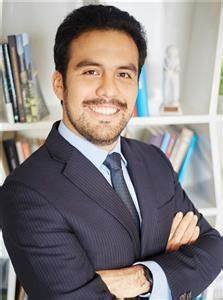1. What drew you to take on the roll as Senior Advisor for Business Finland in Dubai? What did you do before joining the Dubai team?
I would say there are three main reasons. First, I have always enjoyed working in an international environment where you can interact with many different cultures. Dubai is a perfect location for this. Secondly, the UAE is currently one of the region’s fastest-growing economies and home to the largest global players in many sectors I have worked in previously. It is interesting to see the differences compared to Latin America and how they work here. Finally, I have always wanted to use Arabic as a working language and be able to integrate better into the local culture. Little by little, I am expanding my Emirati friend network, who appreciate having a ramsa (chat in Emirati dialect) with them.
I have worked for Business Finland as a Senior Advisor for the last seven years. I was based in our Lima office, and then I took a study leave to study for a master’s programme in international governance and diplomacy in Paris. Soon after I graduated, I applied to the open vacancy in Dubai. I have been here since April 2023, and it still feels like I arrived yesterday.
2. What do you think the future prospects are for Finnish Companies wanting to settle in Dubai?
The UAE offers a wide range of business opportunities for Finnish companies in several sectors. It is one of the fastest-growing markets with a stable economy and friendly investment environment. Also, due to its strategic location, it is considered as the gateway to Africa, the Middle East and South Asia, which Finnish companies can use as a hub for their operations.
In the Dubai office, I mostly deal with healthcare, mining and water-related topics. The UAE has several ambitious plans to become a global reference in healthcare. Also, the recently launched 30 billion USD climate fund will open several opportunities for Finnish companies with sustainable, eco-friendly solutions, which is a trademark of Finland, and much needed here.
Overall, Finnish companies should not lose this momentum and seriously commit to exploring this part of the world.
3. What seems to be the main challenges Finnish companies face when wanting to start a business in the UAE?
First, the UAE business culture is different from Finland. Given the presence of several nationalities, Finnish companies will have to deal with a multicultural business environment, which involves various business etiquette and social norms.
Secondly, given its strategic location and economic growth during past years, almost all big and medium-sized players are already here in most sectors. Therefore, companies should expect fierce competition and developing a well-planned strategy to differentiate is paramount to access the market.
Finally, understanding the legal and regulatory system and licensing requirements can be challenging as they may differ from European ones. Some sectors require strict compliance with specific industry regulations, so obtaining approvals or permits may be time-consuming.
4. What is your favorite thing to do when you are not working?
You will most probably find me somewhere dancing Latin music or playing piano. I love to write my own music or play soundtracks.
5. We have heard you are a guru when it comes to languages, can you tell us more?
I have always been curious about the different aspects of the world. At the age of two, I was a child interested in memorising the flags and capital cities of each country in the world. This uncommon passion was so intriguing that a local TV show once invited me to their programme to test me live that year (Interview 1991). Then, my parents enrolled me in a British school in Lima. So, English became my second tongue.
At the age of twelve, I had my first mandatory French lesson at school. However, I was not particularly interested in this language at that time. Two years later, my parents enrolled me in different private language schools, hoping I improve my French skills. The effect was, in fact, the contrary. I remember I did not feel comfortable studying with large groups and following boring grammar textbooks. All of this negatively affected my motivation and, thus, my learning process. But I overcame this.
Curiously, my passion for languages did not begin until age fifteen, when my parents punished me for my low school grades. During those days of extreme boredom, I had no option but to surf the Internet, looking for something interesting to do. Oddly, I ended up in a free introductory Romanian course. The resemblance with Italian astonished me. So, I decided to keep learning by myself. I ordered books and started my language journey. One day, I came across the Romanian Ambassador at an event where he was impressed by my level and encouraged me to continue.
Hence, I started to learn several languages by myself and others with a private teacher's support. At the age of eighteen, I was able to converse in twelve languages decently (Interview 2007). I developed my own methodology which consisted of grammar association and simultaneous translation exercises. The last language I learned was Ukrainian as I was a volunteer for the Red Cross when the war started, and I had to communicate with children.
Each language has particular anecdotes, which I tried to summarise in an interview in 2020 for the International Association of Hyperpolyglots (HYPIA). Overall, I speak Spanish, English, French, Italian, Romanian, Portuguese, Catalan, Galician, German, Swedish, Dutch, Norwegian, Danish, Finnish, Russian, Mandarin Chinese, Arabic, Japanese, Polish, Quechua and Ukrainian.

